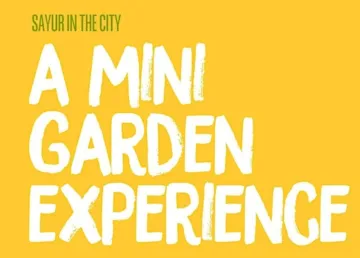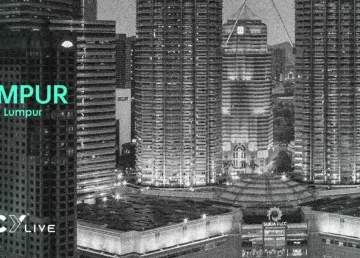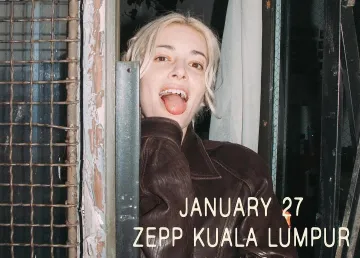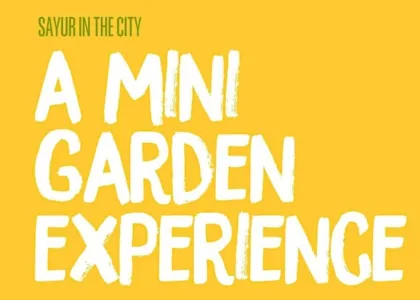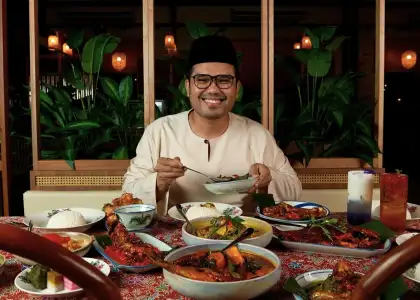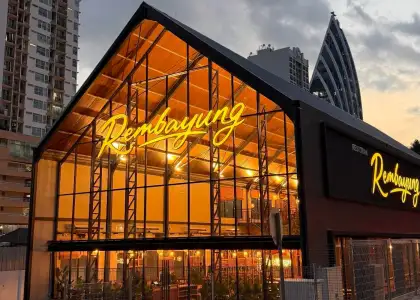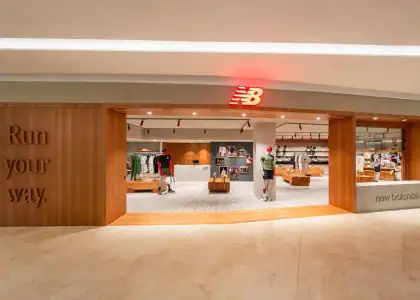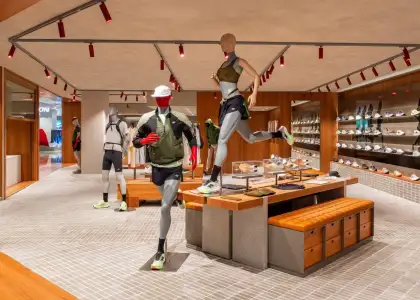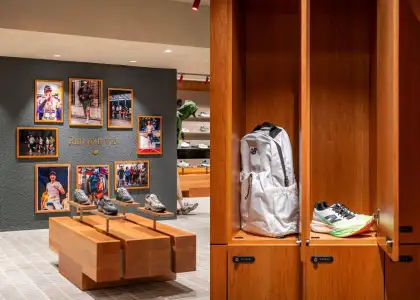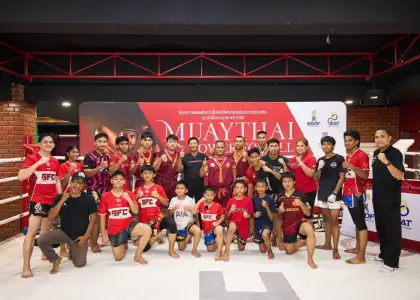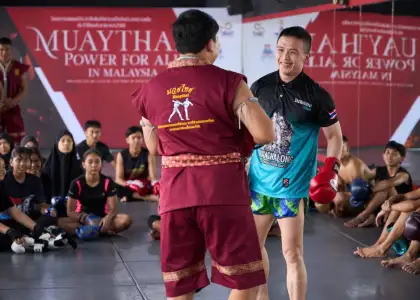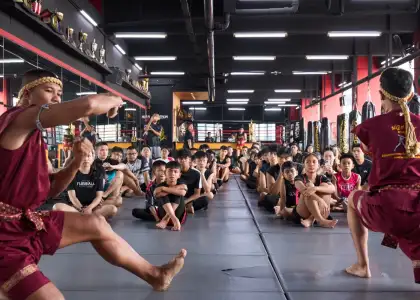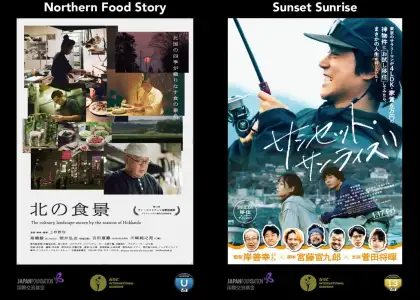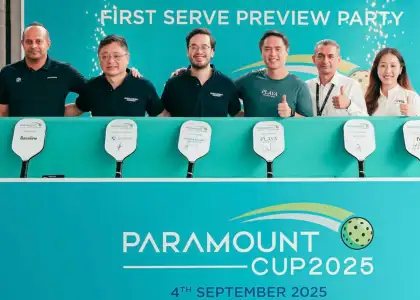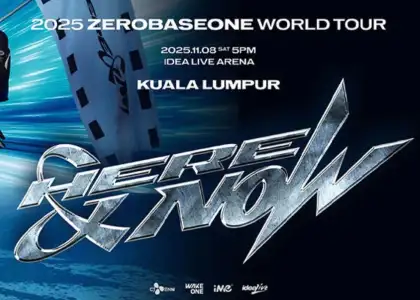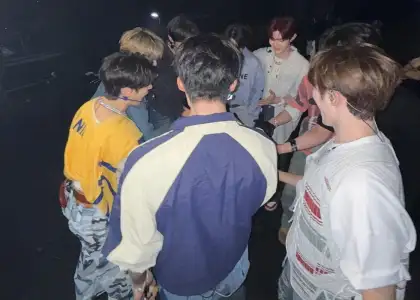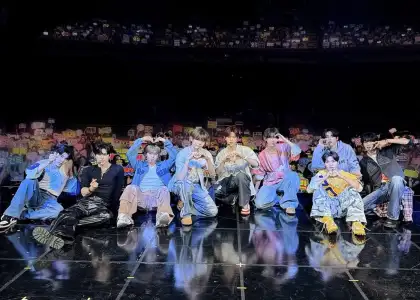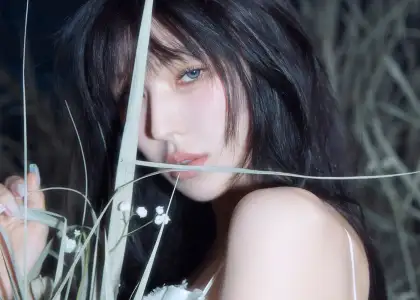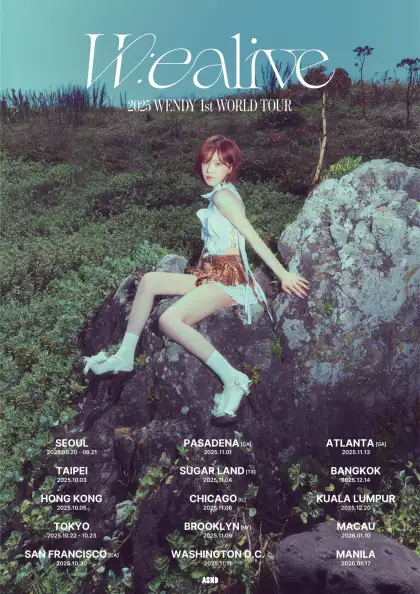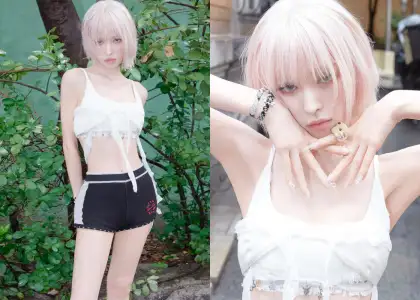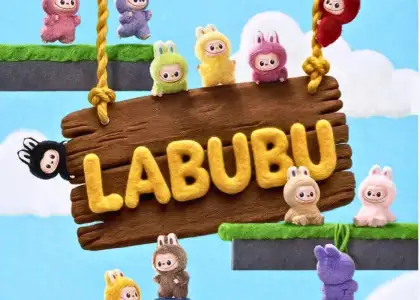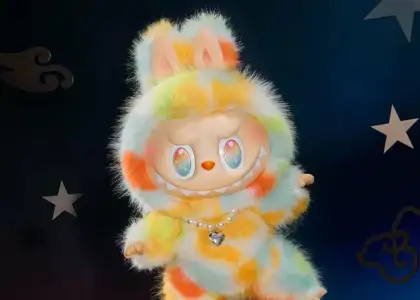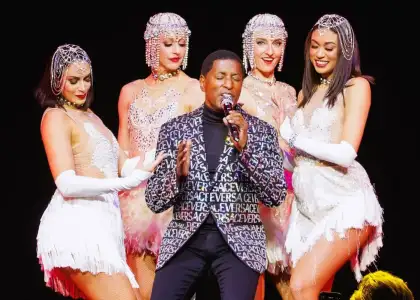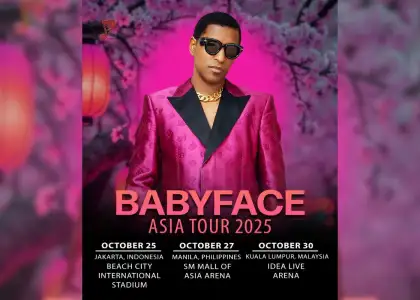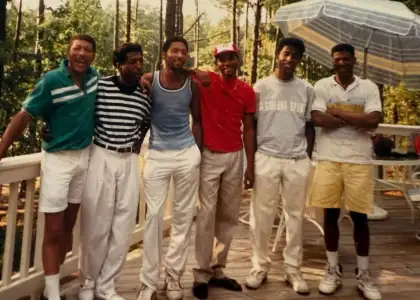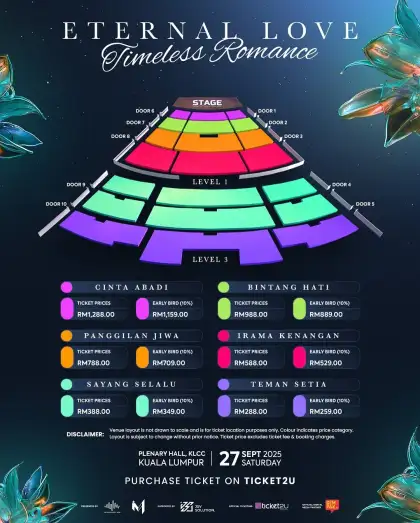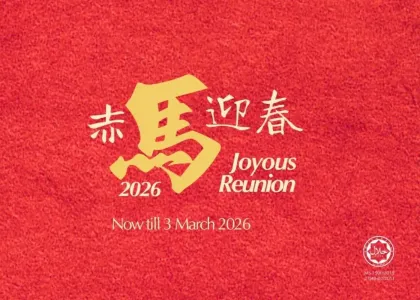Marcos Kueh’s Textile Art is a Reflection of Sarawak Culture and Identity

Marcos Kueh creates incredible textile art. The Sarawakian designer infuses symbolism, meaning, and story into one intentionally woven tapestry, showcasing vibrant colors, cultural motifs, and incredible skill. With some works measuring over six feet tall, Marcos’ art is awe-inspiring and ethereal, but more than that, they are political.
Hailing from the tri-national island of Borneo – which Indonesia, Malaysia, and Brunei currently share – Marcos has grown up with a consciousness of cultural identity. Though he is proudly Sarawakian, Marcos admitted that he’s had to challenge colonial ideas deeply ingrained in his community.
For example, despite the incredible mastery that Sarawakians are known for, Marcos shared that weaving is still stereotypically associated with being underprivileged or uneducated. And because his original background had been in graphic and textile design, he had only discovered the beauty of the loom during his internship in The Netherlands.
“[Working on the loom] shifted my perspective on what it means to connect with people who have woven since the beginning of civilization,” Marcos shared. “[I was able to fully appreciate] how they managed sublime tensions that are hard to describe and how they expressed creativity even in scarcity.”

While Marcos currently spends most of his time in The Netherlands as a textile researcher, his current residency fails to hinder him from exploring the concept of home and culture. Sharp-eyed observers will note that a prominent and reoccurring motif in his works is the Dayakian mask. These are Bornean masks traditionally used to evoke spirits or gods for a variety of reasons, events, or performances.
“I love the idea that we will never be sure if the person wearing the mask is truly being possessed by spirits or they are merely performing,” Marcos added.
But while the stereotype of the Sarawakian people is perhaps linked to such tradition, the artist also clarifies that those in his community are modern and sophisticated. “When people think of Sarawak, I wonder if they still think of us as humans who live in jungles with our traditional costumes, dancing for harvest gods,” Marcos mused. “Are people open to the idea that our villages are empty and that many of us are working office jobs for tree lodging corporations or petrol stations, all for the benefit of capitalistic progress?”
Perhaps this is why Marcos forges on with his exploration of cultural identity through textile art – to show the world that Sarawakians, especially in today’s world, are sophisticated and multi-faceted.
“They are not just caricatures of culture for the entertainment of tourists,” Marcos pressed. “Sarawakians have the freedom to define their own narrative.”

The artist also shared that his passion is concurrently driven by personal reflections on colonialism and immigration. “As a person born in a developing country, I am very fascinated by the idea of where our inferiority complex comes from in relation to the idea of the West,” he mused. “Most of my artistic research relates to how we are being seen and how we perform towards those expectations.”
As such, Marcos’ work can be said to be inherently political. However, he does acknowledge that not everyone sees it as such. “The initial ideas I have for the work will translate differently to audiences. People who want to see the politics behind it will choose to see it in such a way. Some might add more complexity to the work based on lived experience. Others might just see pretty textiles,” he acknowledged. “The diverse ways that art is experienced add variety to it all.”

In 2025, Marcos looks forward to exploring more opportunities to deepen his research on the politics of textile production and immigration. As he knows, the textile industry was a major catalyst for the Industrial Revolution, which brought about mass migration. “As an immigrant myself working in Europe, I think there is much to connect and talk about,” he mused.
The artist also looks forward to seeing the art industry in his home country grow. While he acknowledged there are plenty of challenges to overcome, Marcos shared that he is optimistic about the courage artists in Malaysia have.
“My peers who are based in Malaysia may still find the art industry economically unstable; most of them do art part-time which does affect the quality of work. There’s also the issue of self-censorship due to the social climate of Malaysia,” he explained. “It takes plenty of courage to want to pick up art; fortunately, the public is now more open to visiting art shows. There are also plenty of new spaces emerging, which give more local artists a platform to participate.”
See more of Marcos’ works on Instagram.
Get the latest curated content with The Beat Asia's newsletters. Sign up now for a weekly dose of the best stories, events, and deals delivered straight to your inbox. Don't miss out! Click here to subscribe.
